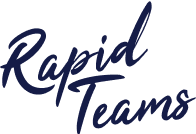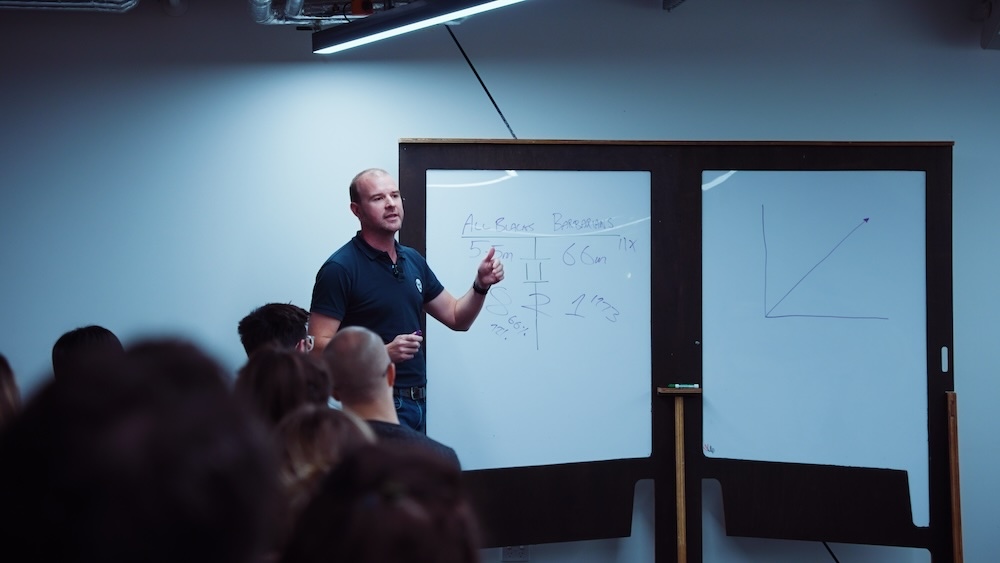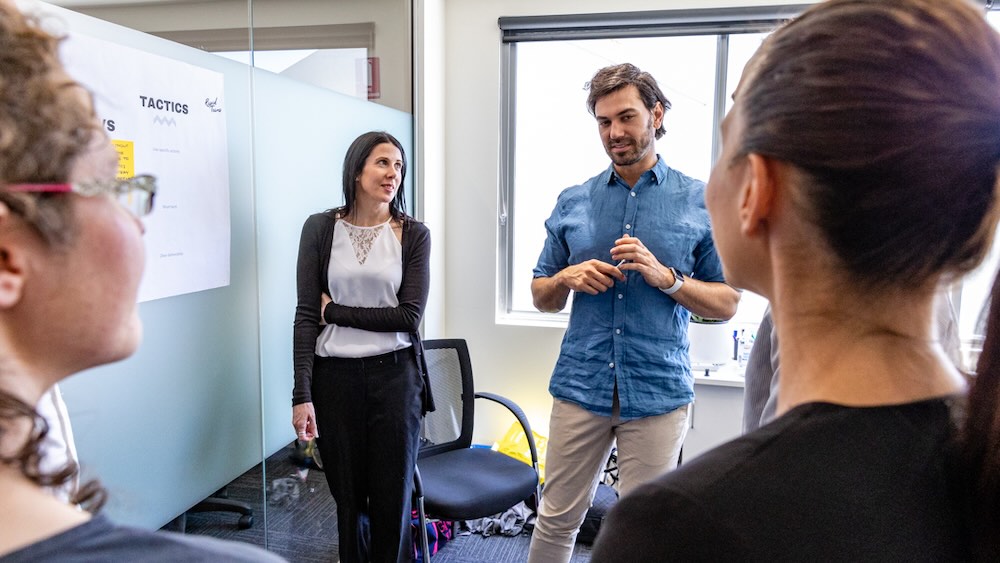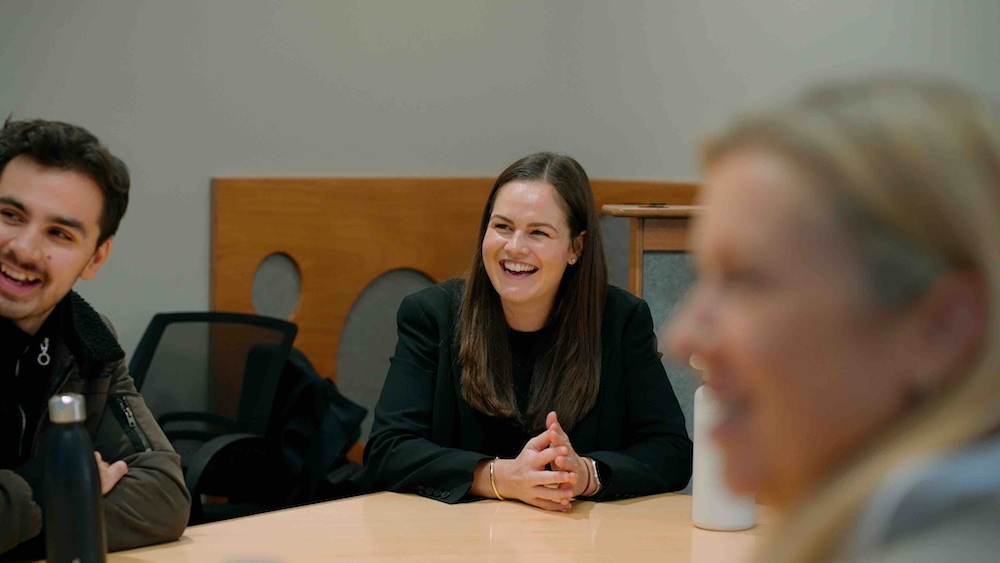Projects, teams, deadlines, and days filled with back to back meetings; likely topics of conversation at every water-cooler station. Between reacting to instant message “pings”, extinguishing spot fires, responding to calls for support and time spent talking to what needs to be done, some may find there is little time left to do the work that needs to be done. As Ernest Hemingway noted, “never confuse motion with action”.
Atlassian released their most recent look at the ongoing research into the State of Teams. The research noted that half of surveyed knowledge workers found themselves spending additional time (around 50% more) in meetings that were superfluous, causing a ripple effect in productivity. For those that appreciate the numbers: Atlassian calculates a staggering 25 billion hours is lost to collaboration within the Fortune 500 companies alone.
The Collaboration Challenge
Effective collaboration is essential to any organisation and team, yet the report identified 93% of executives believe that the same outcomes could be done in half the time if teams focussed more on collaborating effectively.
The need to continually adapt and keep at the forefront of the new ways of working is critical for organisations to continue to compete, particularly with the rise of remote working and the integration of AI in our day to day work.
Atlassian’s State of Teams 2024 report, based on a survey of 5,000 knowledge workers, provides valuable insights into what drives team success and what holds them back.
Key Findings on Team Challenges in the State of Teams report
- Disjointed Goals: Teams are often pulled in too many directions. 64% of respondents noted that their teams lack clear, shared goals. Executives estimate that only 24% of their teams are doing mission-critical work.
- Meeting Overload: Urgent instant messages and unnecessary meetings disrupt daily routines. Over 65% of workers said they opted to respond quickly to messages over making progress on their top priorities.
- Ineffective Communication: Finding information is a challenge, with 55% of surveyed workers struggling to locate necessary data. Additionally, 50% have found themselves duplicating work already being done by another team.
- AI Utilisation: The rapid rise of AI presents opportunities, but many teams lack the understanding of how to leverage AI for success.
Building Successful Teams
“Successful teams innovate how they work”. Building the right foundations is part of effective teams and achieving flow. To address the issues that organisations are facing, Atlassian identified three questions that can provide a starting point to a teams journey towards building strong foundations.
1. Are we working on the right things?
Prioritisation: is mission critical work being prioritised over short term goals? Teams collaborate more effective when goals are clear, visible and talked about often. Atlassian research identified teams were 4.6 times more likely to be productive and effective when working towards a shared goal.
2. Do we have time to make real progress?
Are we at the whim of our day, getting thrown mirthlessly into meeting upon meeting? How do we avoid getting trapped in that meeting cycle? Teams that effectively manage their time are 1.6 times less likely to engage in what Atlassian terms “productivity theatre”, pretending to be busy without making any real progress on tasks. Aligning priorities through meaningful meetings is the difference, that is identifying whether meetings are of value and provide outcomes that enable you to progress with your top priorities.
3. Is knowledge easy to find and understand?
Sharing knowledge and clear communication engages the whole team, making them 4.9% more effective and 4.4x more likely to adapt to trends and changing requirements.
State of Teams research shows that engaging AI can improve a teams collaboration through providing access to knowledge on demand, and allow information to be shared easily. Atlassian research found that teams that utilise AI on a regular basis are 4.9x more likely to be effective, with leaders who use AI noting they have 12% more time to focus on their priorities and, more interestingly, 19% more time to create with their teams.
The insights from the State of Teams 2024 report underscores a call to action for business to shift how their teams operate and collaborate.
Fostering a team environment where priorities are visible and discussed frequently not only boosts productivity and efficiency but enables that flexibility and resilience of teams to adapt to changing marketings, act on emerging opportunities and support and motivate team members to do their best. Interested to find out more, read Atlassian’s State of Teams 2024 Report here.






